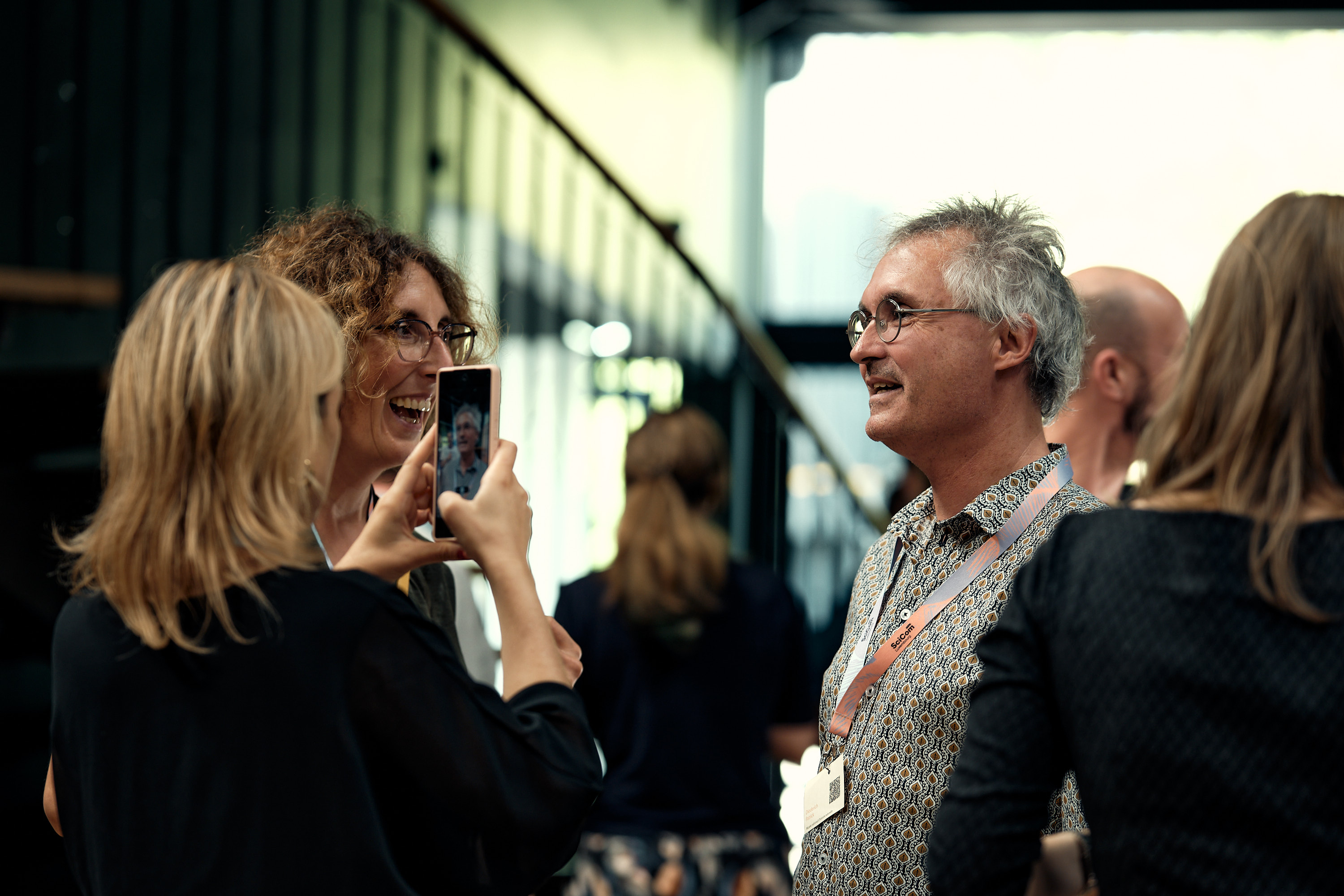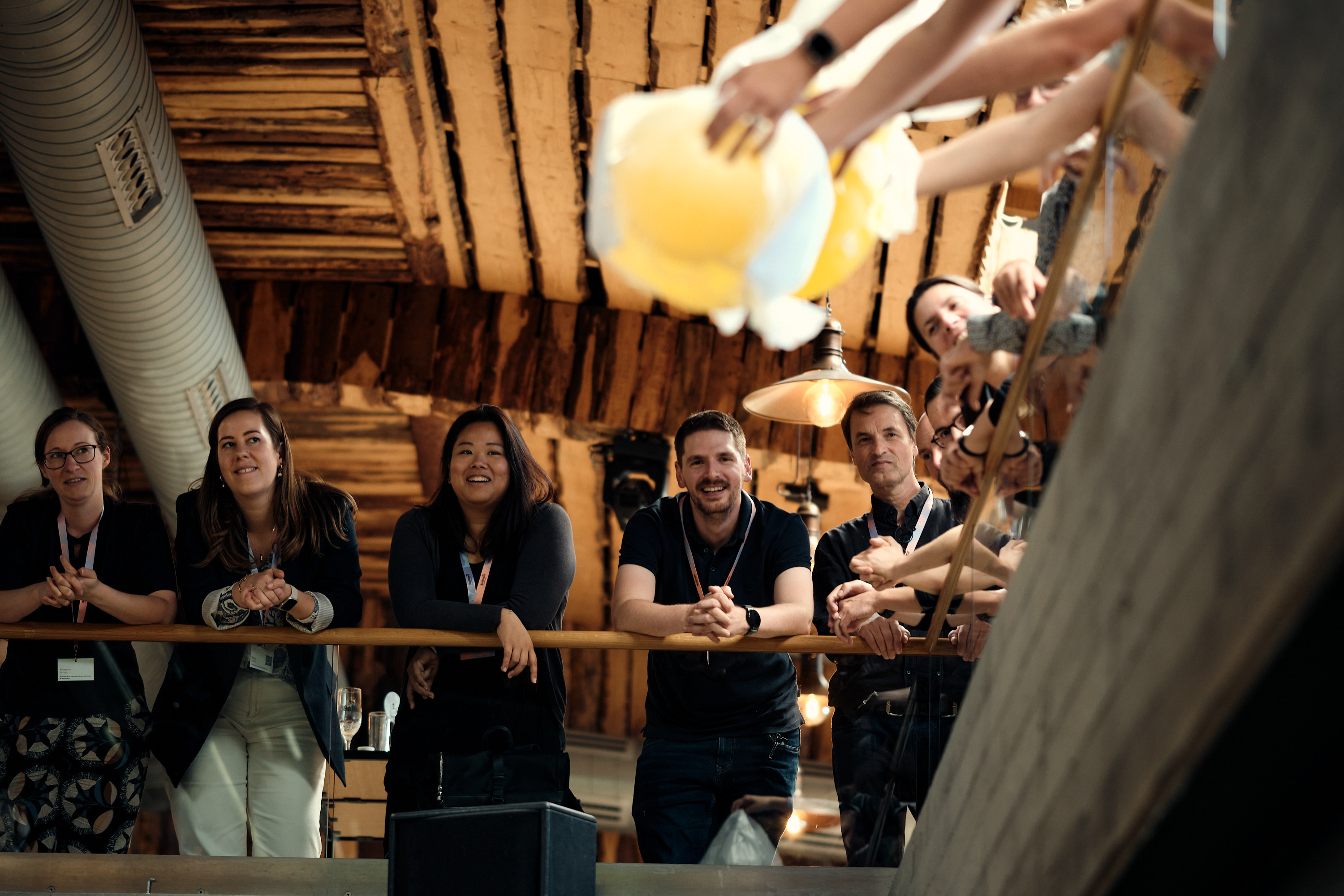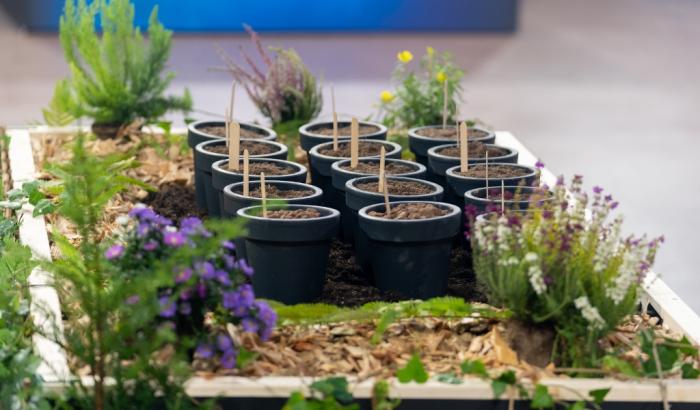
Steve Ginepri | FNR
Keep in touch, get to know, be inspired!
SciCom Luxembourg is an annual networking event, organised by the Luxembourg National Research Fund (FNR), for science communicators from Luxembourg and surroundings with the goal to keep in touch, get to know each other and be inspired.
Register here before Monday, 16 September 2024
Who?
- Science Communicators from Luxembourg (and surroundings)
- Researchers, teachers and other professionals that are active in science communication
Where?
ChouChou Luxembourg
41, rue de Bouillon L-1248 Luxembourg
What?
12H00 | Bits & Bites Networking – Enjoy snacks while mingling with fellow participants
13H00 | Official Start – Welcome and opening remarks
13H15 | Networking – Engage in conversations and make new connections
14H00 | Teamwork – Participate in an interactive team collaboration (more infos coming soon)
16H00 | Science Challenge – Join a fun group challenge
16H45 | Conclusion & Wrap up – Review the day’s highlights
17H00 | Networking Cocktail – Relax with food & drinks and continue networking
21H00 | Official End – Farewell
Photos: Steve Ginepri
More information
You’re not sure whether you can participate, but you want to be kept in the loop for any further information about the event?
Please email melanie.reuter@fnr.lu to get on the mailing list.

Author: FNR
Editor: Melanie Reuter (FNR)










